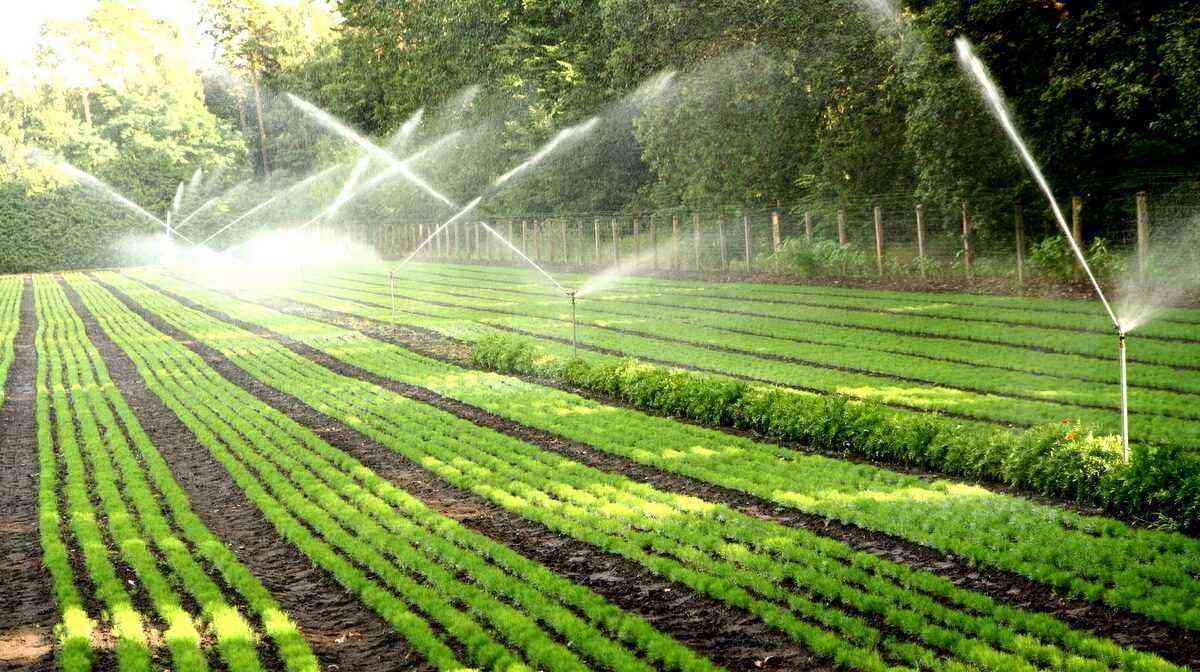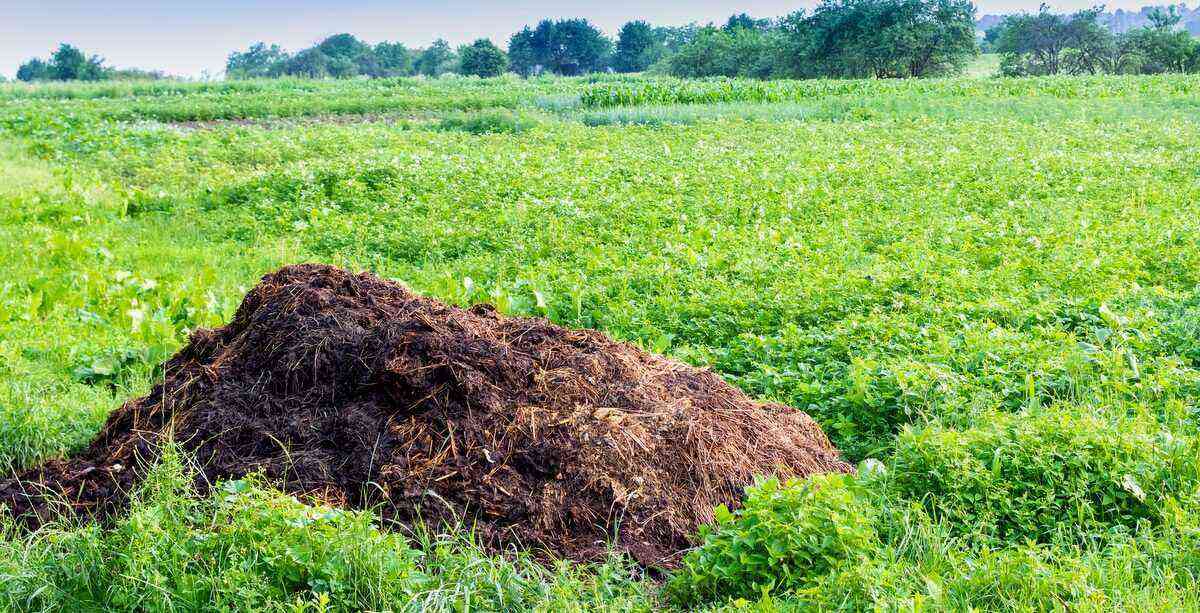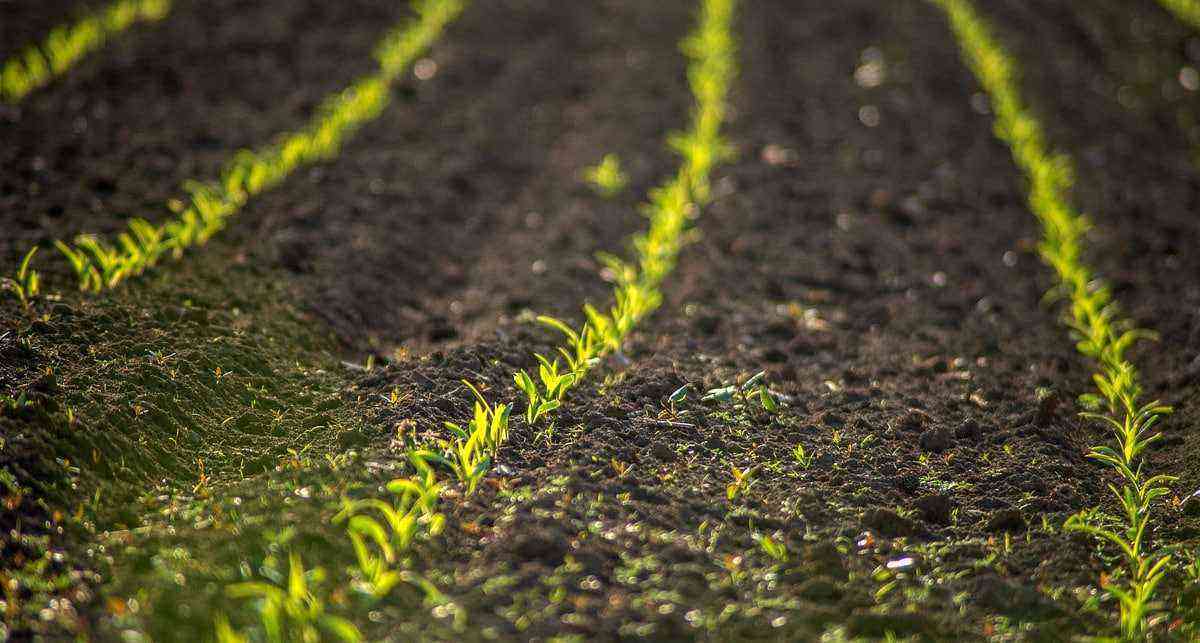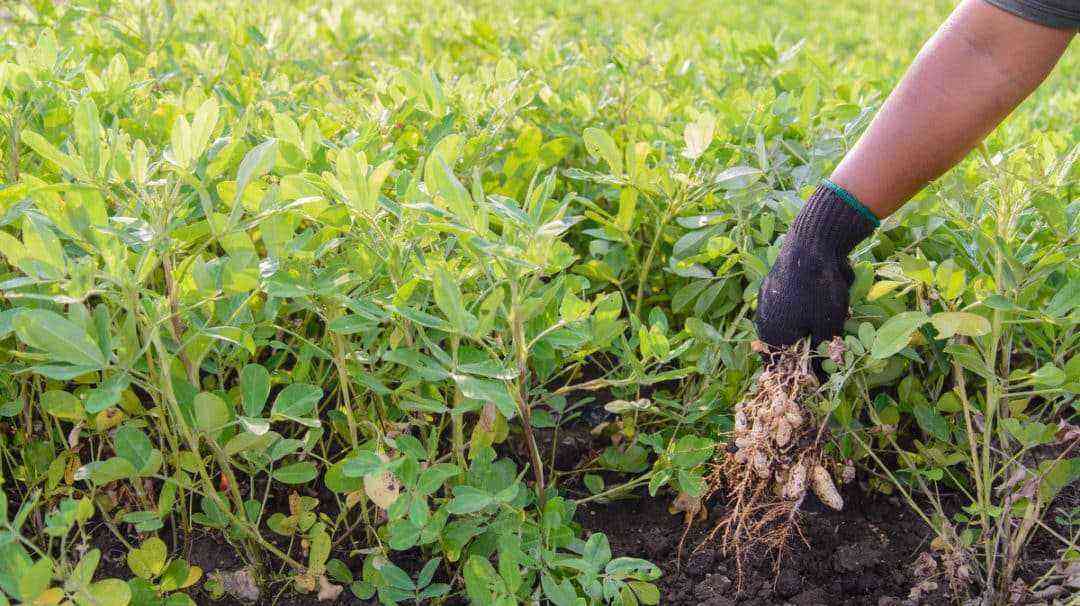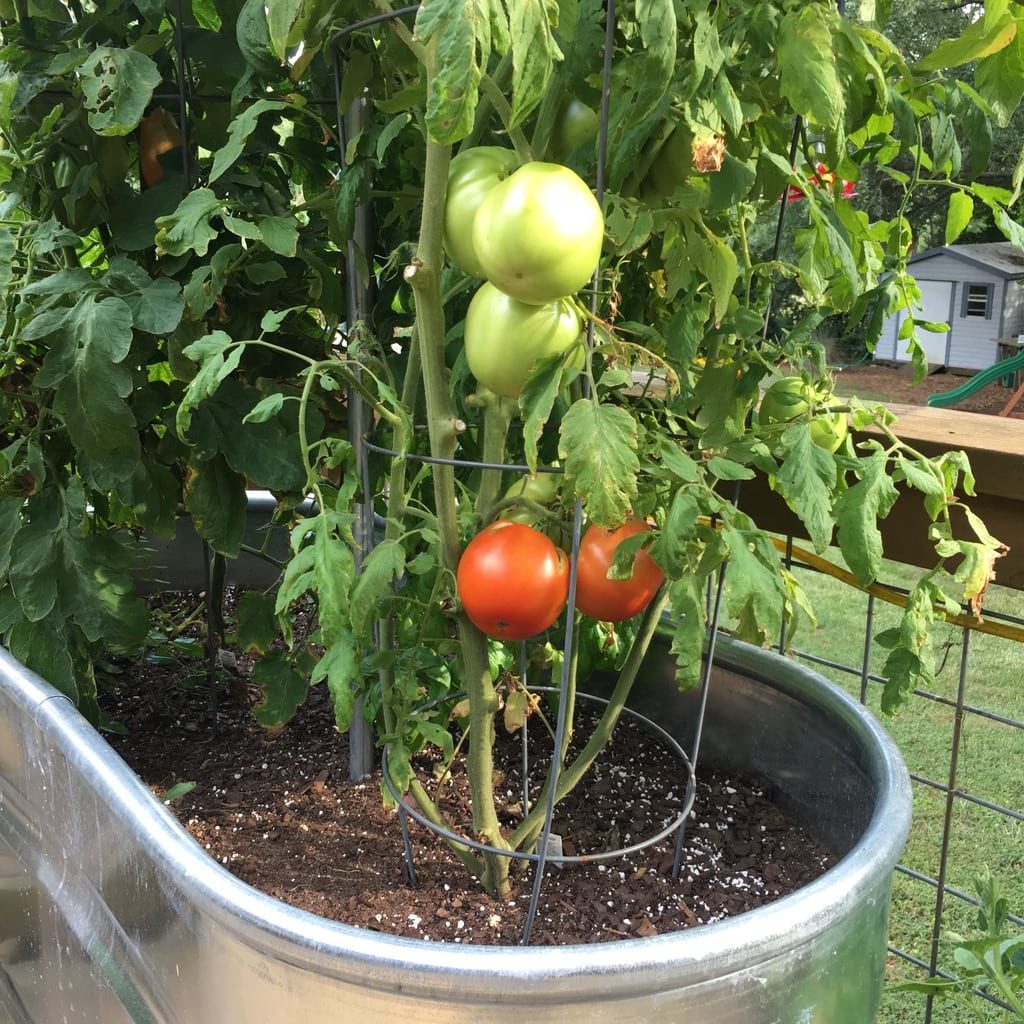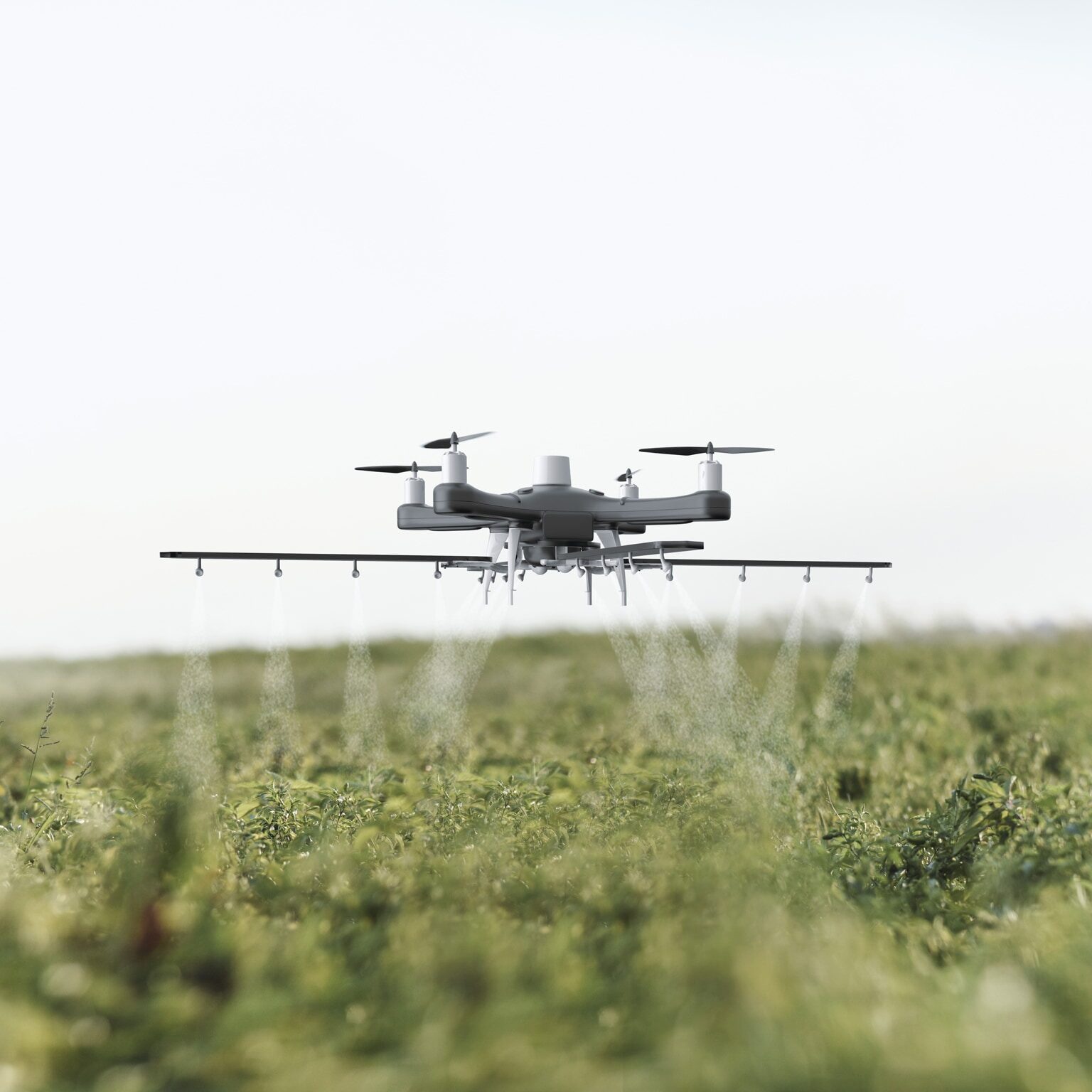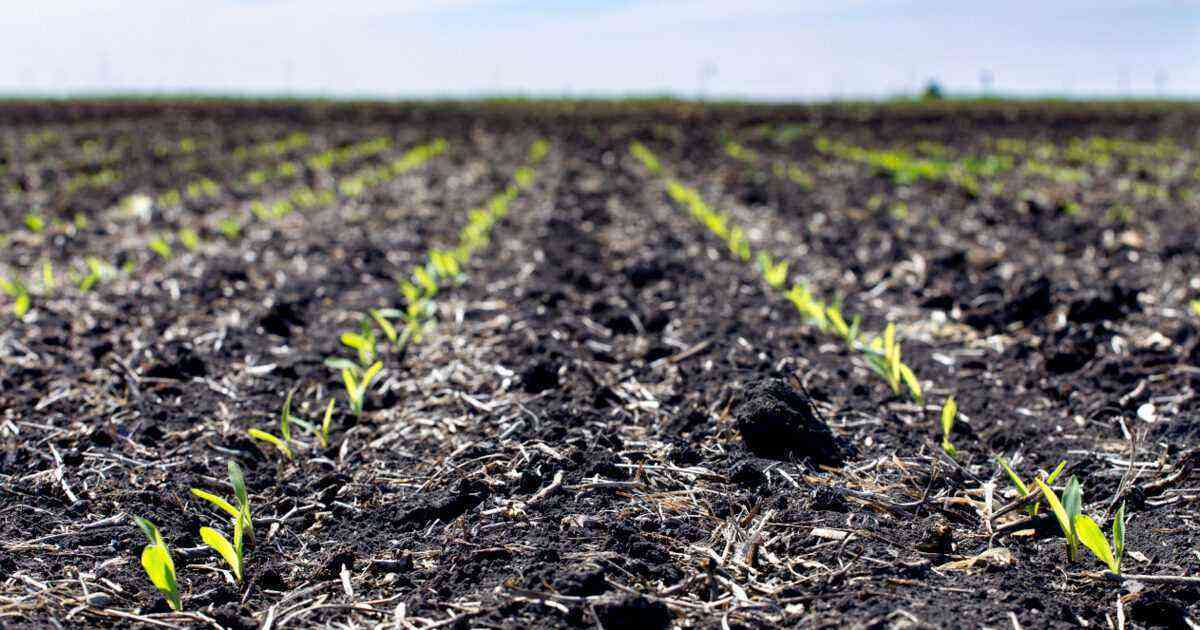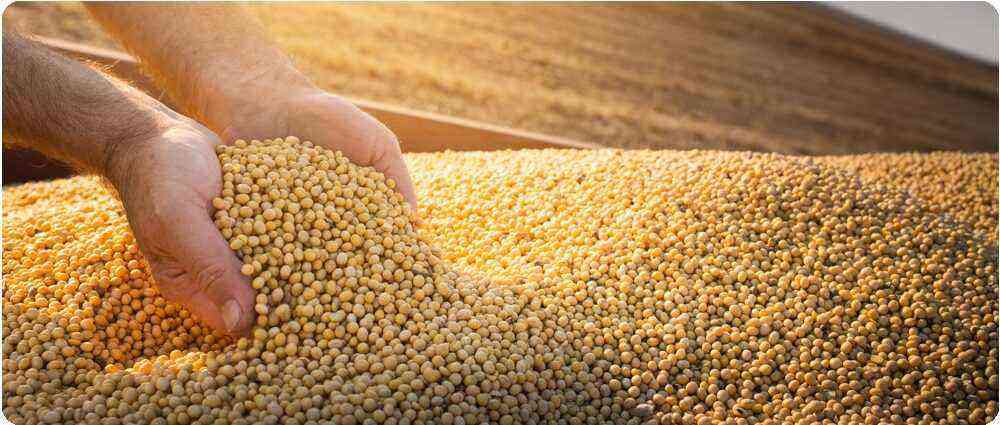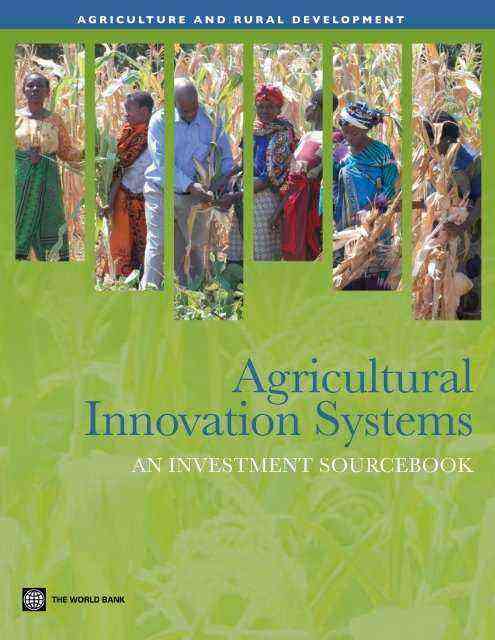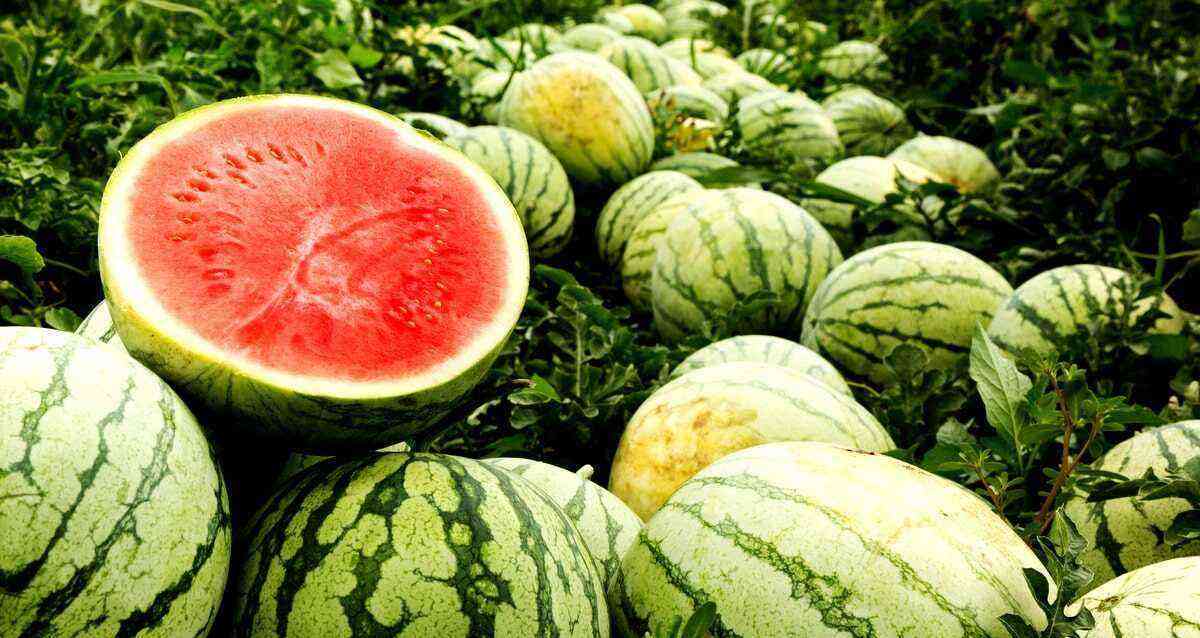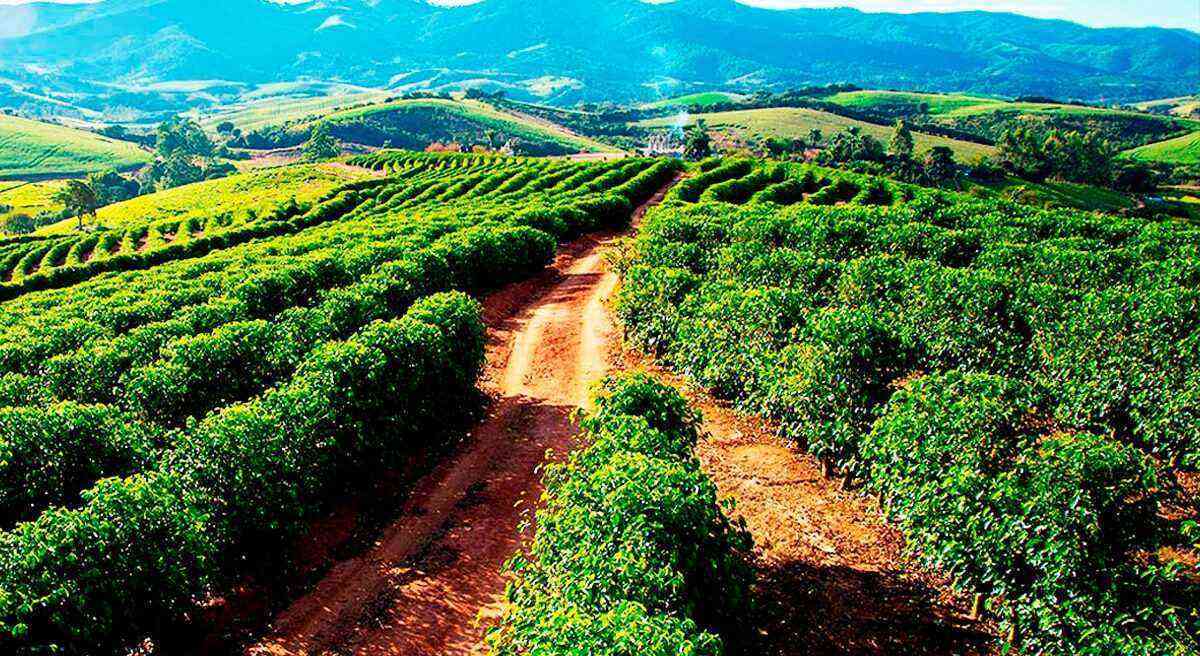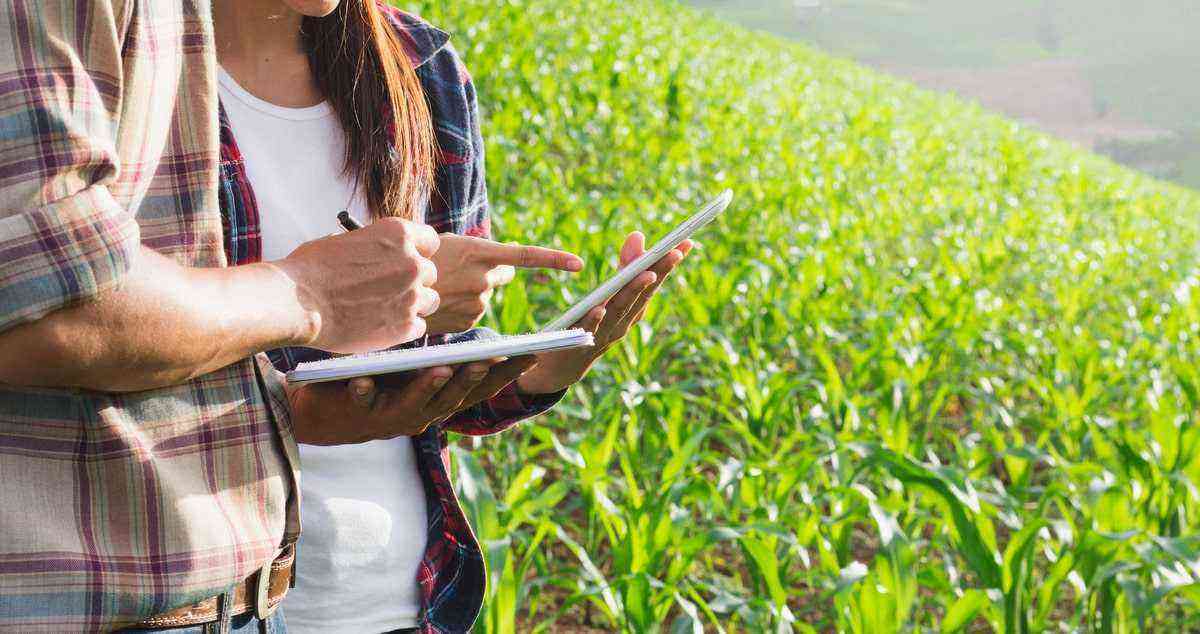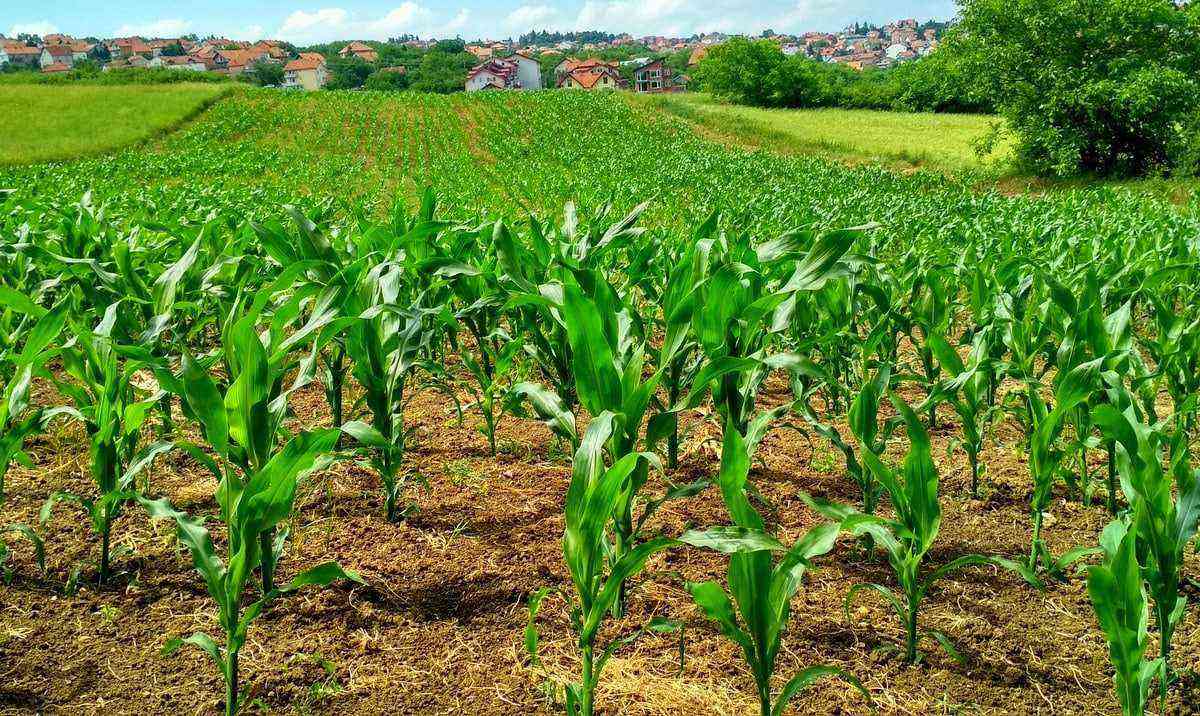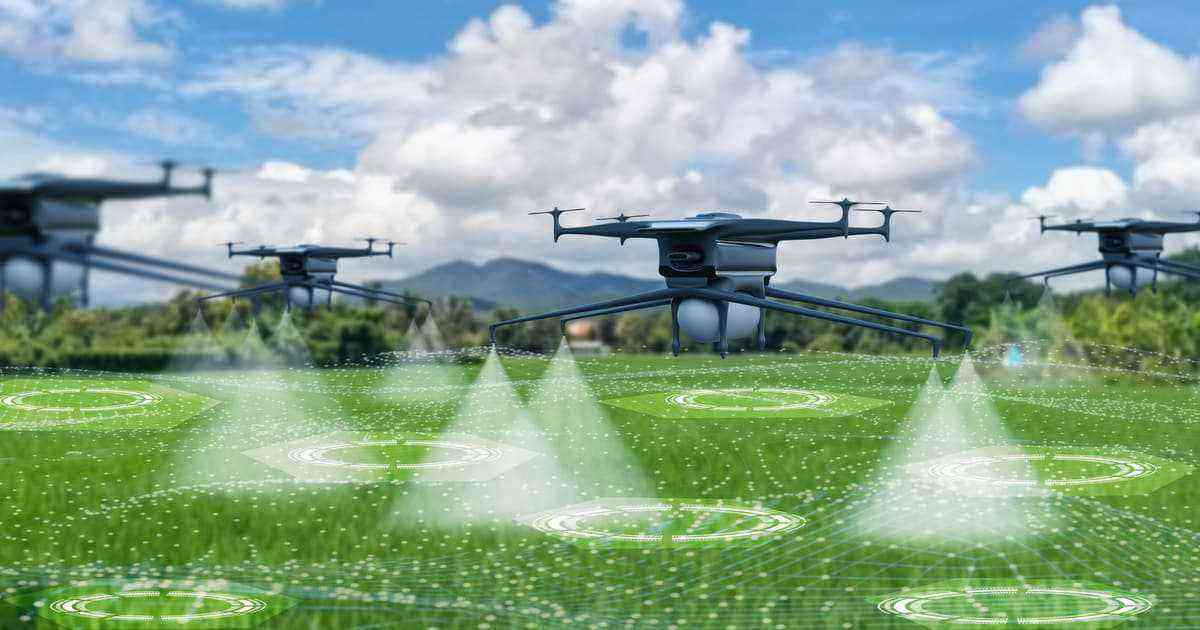It is known that the phenomena of nature are forces that cannot be controlled. However, thanks to technological advances, they can be predicted with a considerable degree of accuracy, and actions can be taken accordingly.
This is crucial for agribusiness, both in terms of large estates and small producers. Next, we will show how meteorology can contribute to the good performance of your agricultural production. Come on?
meteorology concept
Meteorology is the science that studies all atmospheric phenomena on Earth, which includes weather forecasting and climatology. When applied to agribusiness, meteorology can be very useful in establishing agricultural income, the energy balance of the ecosystem, among other contributions.
What technologies are used in meteorology?
Meteorological stations are instruments and sensors installed in flat locations to collect data that will be used for the analysis of weather and climate.
Weather stations are important allies in the management of agribusiness.
Thus, in addition to the air temperature, these equipments are able to collect:
- Wind direction and speed
- Relative humidity
- Solar radiation
- rainfall regime
- Among several other atmospheric factors
1. Lightning detectors
This equipment is essential for agribusiness, since this activity is commonly carried out in the open, in an environment where lightning strikes. Thus, an early detection of lightning can prevent problems both with the people involved in the activity, as well as in livestock and plantations.
The performance of lightning detectors is based on the installation of antennas capable of detecting electromagnetic changes in the troposphere with a very high precision.
2. Use of satellites
Satellites are very sensitive sensors capable of detecting temperature variations, albeit small, and are commonly installed at an altitude of 800 km. They detect and monitor the progress of fires, for example. These are great allies of meteorology.
Weather satellites monitor the Earth in orbit. They detect, for example, temperature variations.
3. Radio probes
They are equipment used mainly to detect the wind direction, temperature, pressure and humidity of the environment.
4. Nautical monitoring
It is used to obtain oceanic climate information.
How can meteorological monitoring be done?
Meteorological data can be obtained easily from specialized agencies. Below, we list some of the possibilities that can be used to analyze time:
1. Weather bulletins
This is the simplest way to monitor weather conditions, as weather reports are widely publicized by the most varied media: TV, radio, internet, newspapers, among others.
You can follow the weather condition online.
However, the negative point of the weather bulletins is their short reach, as they transmit information related to short spaces of time, the predictability necessary for the success of agribusiness is impaired.
2. Use of alerts
Some public agencies, such as the Civil Defense, can transmit alerts to cell phones about major weather events.
3. Short-term forecast
These predictions, based on calculations and simulations based on current information from the atmosphere, provide useful data for making immediate decisions.
4. Long-term forecast
Weather technology can be used to make long-term forecasts, including information for several weeks, months or entire seasons. Thus, it is possible to plan harvests for years to come, the occurrence of large-scale natural phenomena, such as The Boy and the Girl, or the analysis of rainfall over long periods of time.
What are the advantages of weather monitoring in agribusiness?
1. Avoid losses
When you have control over the behavior of some natural events, such as the positioning of the wind and the behavior of the rain, for example, it is possible to have control over fundamental activities in agribusiness, such as the application of pesticides, the planting of species suitable for the climate, among others.
Intense rain can directly affect agribusiness. Having advance weather information can reduce losses.
It is important to emphasize that agribusiness is the sector of the economy that is most impacted by natural disasters, hence the extreme importance of studying meteorology.
2. Better planning
Strategic planning is extremely important for agribusiness. Many activities, such as irrigation, soil preparation and sowing, for example, should only be planned and carried out based on climatic factors.
In addition, climatic factors can interfere with consumer behavior, which allows production to be directed towards products with greater demand.
3. Greater productivity
With the strategic planning being done according to the weather conditions, the actions are now well executed and productivity increases, which makes meteorology generate more profit for the business.
4. Construction of agricultural property history
Control of climatic factors and their proper recording, allow the construction of a history of the events of the property, which generates a standardized mode of action, in case the events are repeated.
5. Competitiveness
We know that agribusiness has become, in recent years, a very competitive environment and the differential for a good positioning in the market can be the control and application of technological tools to improve production. In this sense, predicting weather events allows for greater growth and profitability.
Importance of weather insurance
Despite being efficient, forecasting and climate control tools may not be enough to protect agricultural production. A sudden climatic disaster, such as more intense rains than expected, hail or flooding, for example, can destroy the work of years, even jeopardizing the continuity of activities on that property.
Despite all the advances in meteorology, natural phenomena, such as hail, harm agribusiness.
Thus, the adhesion to a rural insurance that covers their production can make a lot of difference to their business, since it protects the investment made by the producer in the planting, maintenance and harvest of the crop, reducing the risks of agricultural production, being able to opt for a coverage for agriculture, livestock, or even life insurance for those involved in production. It is essential that the producer choose the type of insurance that is most appropriate to the profile of his business.
No video Below, see how a weather station works:
Source: Climatempo Meteorologia.
As we have seen, time is a crucial factor for agribusiness and its control is essential for successful production. Thus, knowing what can happen to the climate in the medium and long term allows the adoption of measures that can save your business, preventing losses and inconvenience.
Want to know more about the world of agribusiness? We can help! Visit us and find information on all agricultural segments.
See also:








